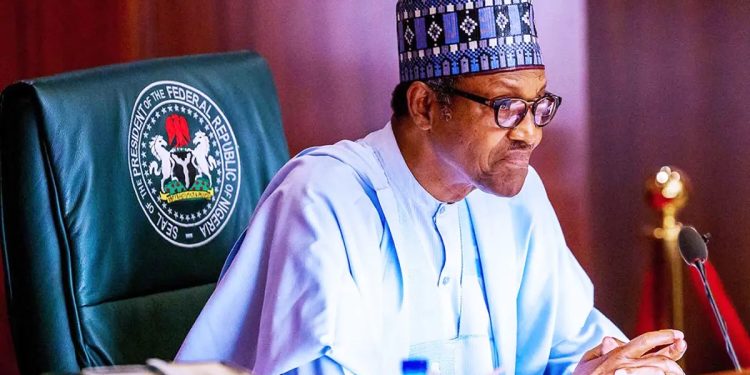President Muhammadu Buhari recently sent a request to the National Assembly to approve 800 million dollars loan meant to cushion effect of the proposed removal of fuel subsidy.
Minister of Finance, Budget, and National Planning, Zainab Ahmed, said that Nigeria secured the World Bank facility as a first tranche of palliatives for disbursement through cash transfers to about 50 million most vulnerable Nigerians.
Findings by the RateCaptain revealed that the financing agreement is between Nigeria and the International Development Association (IDA), a part of the World Bank group that helps the world’s poorest countries.
This loan request is coming shortly after the Red Chamber of the legislature approved another request from the President to securitise the pending N22.7 trillion Ways and Means Advances of the Central Bank of Nigerians (CBN).
The Ways and Means, when securitised, with the proposed borrowing plan in the 2023 budget, and this new World Bank loan are expected to increase the current debt stock of 46.25 trillion naira to about N77 trillion.
According to the Director of the Centre for the Promotion of Private Enterprise, Muda Yusuf, borrowing to fund post-fuel subsidy removal palliatives is not the best option.
Yusuf said that in the past, fuel subsidies did not involve borrowing, adding that palliatives should be funded from the savings from the subsidy removal.
He, however, said that the fuel subsidy removal and palliatives should be left for the incoming administration of Sen. Bola Tinubu to handle.
“First, any conversation on subsidy removal and palliatives should be left for the incoming administration.
“We have had subsidy-related palliatives in the past, and none involved borrowing.
“The practice had been that palliatives were funded from the savings from subsidy removal, which makes the current proposition rather strange,” the media recently quoted him as saying..
Some other stakeholders faulted the idea of the government dispensing monetary handouts to some categories of Nigerians in the name of palliatives or poverty alleviation.
Concerned Nigerians and financial experts have advised on the need for the Federal Government to improve revenue generation to reduce dependence on borrowings.
An economist, Dr Tope Fasua, said that it was not advisable to alleviate poverty by sharing money.
According to him, in all history about poverty alleviation, it has never been about sharing money.
“Yes, I think we have gotten to the point where we should remove the subsidy on petrol.
“We have seen that there seems to be some black hole of between three trillion Naira to five trillion naira every year that we are pumping into this.
“But providing N5,000 to 10 million households for a period of six months will do little to lift them out of poverty.
“While it is necessary to eliminate fuel subsidy, the deployment of the 800 million dollars World Bank loan will likely lead to inflation rather than foster economic development, ” he said.
He suggested an amendment to Personal Income Tax Act, providing tax breaks for average Nigerian income earners under the Pay As You Earn (PAYE) programme as a way of cushioning the effect of subsidy removal on Nigerians.
“The PAYE law can be amended slightly such that every worker in the private and public sector gets something in the pocket apart from those who are top-earners.
“You can also work on the Company Income Tax where you will be achieving two things; you are putting more money back into the hands of companies which are then able to retain staff or employ new staff.
“Also, they are now able to promote their businesses. People will also be encouraged to pay taxes because you are reducing their economic burden.
“When such burden is reduced, the government will then have the impetus to enforce tax collection,” he said.
ratio.
“Revenue is the way to go and that is how countries develop and use borrowing to augment revenue shortfalls now and again.
“Nigeria has been running budget deficits for decades; it is about time to shift to balanced budget and even surplus budgets,’’ she said.
Dr Ayo Abina, chairman of AACS, an international consulting and investment company, said rather than continued borrowing, Nigeria could generate extra 134.3 billion dollars in revenue to fund government’s expenditure.
“Nigeria can earn additional $53bn by raising the tax-to-GDP collection ratio to 15 per cent without raising taxes…and save $4 billion by tackling oil theft”, he said in a publication.
It has become obvious that Nigeria has to reduce dependent on oil receipts and diversify revenue generation channels if it would meet expectations on public expenditure.










